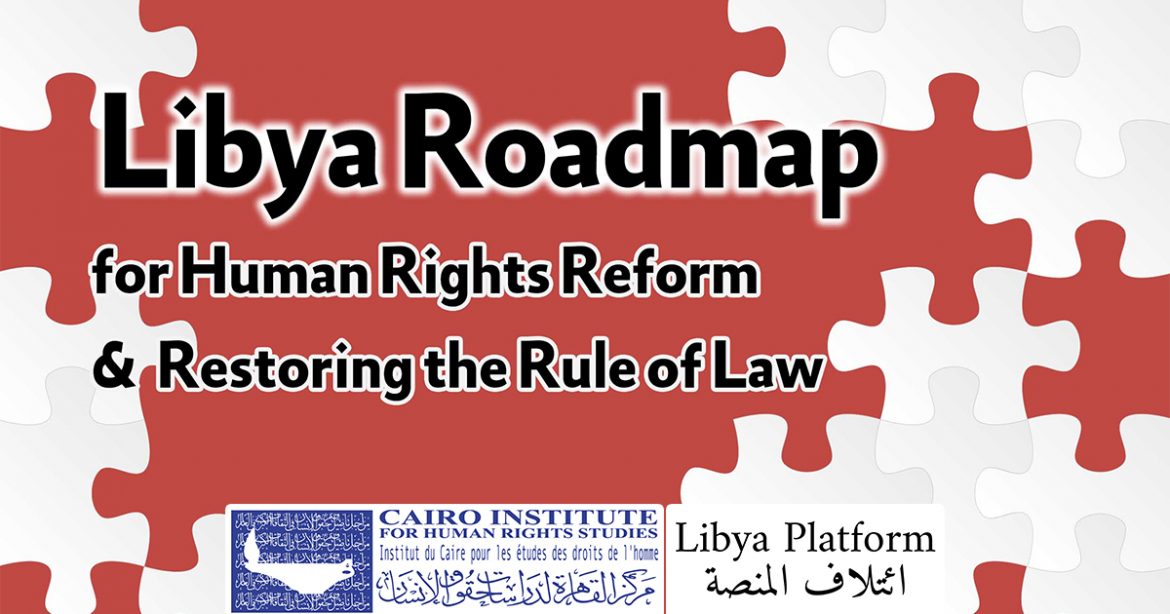
Libyan lawmakers and security leaders have reached consensus on a roadmap to overhaul the country’s national security legislation, in a forum facilitated by the United Nations Support Mission in Libya (UNSMIL) held in Tunis this week.
The two-day meeting brought together members of Libya’s House of Representatives, including representatives from the Defense and National Security, Interior, Legislative, and Women and Children Committees, alongside military and security institution leaders.
The forum focused on strengthening the legislative authority’s role in shaping reforms vital to addressing Libya’s evolving security challenges.
According to a UNSMIL report, participants identified key gaps in the existing legal framework and stressed the urgent need for comprehensive reforms. Central priorities include enhancing border security and refining legislation governing security and military institutions to better respond to Libya’s dynamic political and security landscape.
Promising national initiatives emerged from the discussions, including the development of a code of conduct for military and security personnel, raising the minimum recruitment age, updating police laws, and advancing measures to secure the country’s land borders. These reforms were hailed as essential foundations for professionalising Libya’s security sector.
On the forum’s second day, attention turned to election security, with participants underscoring the necessity of updating legal frameworks to guarantee transparent and secure electoral processes. UNSMIL experts presented on the risks posed by false and misleading information, particularly in the digital domain, highlighting the need for legislation that counters these threats and protects electoral integrity.
A key outcome was broad agreement on an action plan to bolster the House of Representatives’ capacity to drive security sector reforms. This includes forming specialised parliamentary subcommittees tasked with legislative review, in collaboration with local and international experts, under UNSMIL’s technical guidance.
The mission emphasised the importance of centring citizens’ protection and rights in future security laws, aligning with international standards, and expanding civil society’s role in security provision.
Badreddine Al-Harithi, head of UNSMIL’s Security Institutions Division, described the dialogue as “a pivotal step toward consolidating the rule of law and strengthening the relationship between the legislative and executive authorities, paving the way for building a stable and peaceful state in the long term.”
A follow-up meeting to support implementation of the roadmap is planned for late September, with participation from Libyan stakeholders and the international community.



